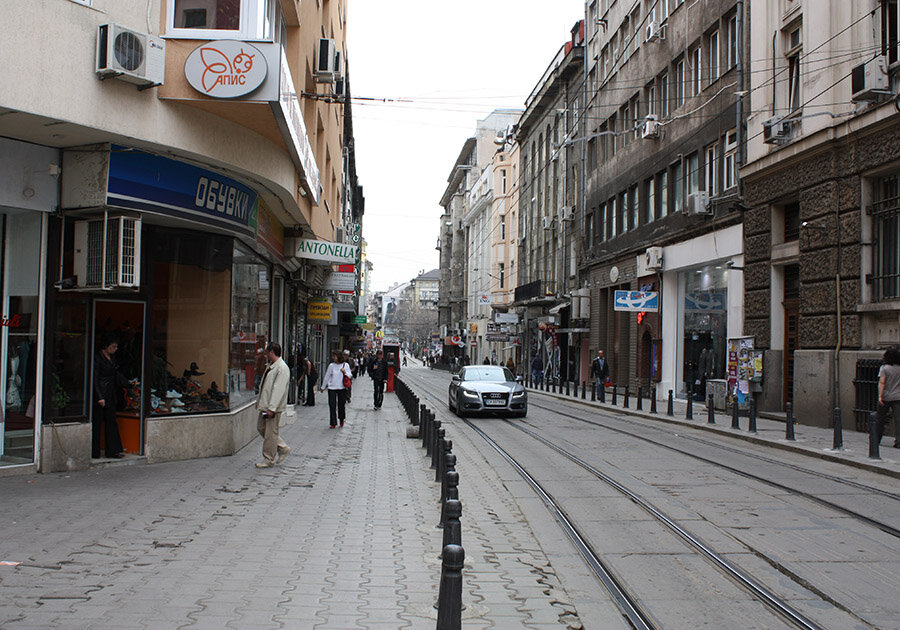read also
Bulgaria Faces Critical Labor Shortage: 50,000 Foreign Workers Needed to Save Summer Tourism

As Bulgaria gears up for the summer tourist season, its hospitality sector is facing a labor crisis of unprecedented scale. According to entrepreneur Marin Demirovski, the country needs at least 50,000 foreign workers to keep hotels, restaurants, and resorts running smoothly. Without an urgent influx of personnel, the nation’s €5 billion tourism sector is at serious risk.
“There’s a shortage of personnel in every sector of the Bulgarian economy — but tourism is the most exposed,” Demirovski said in an interview with Schengen.News.
A Pan-European Challenge
Labor shortages are not unique to Bulgaria. All EU countries are grappling with similar issues, especially in lower-wage sectors. What makes Bulgaria’s case more urgent is the bureaucratic bottleneck: it takes six to nine months to process work permits for non-EU citizens — a timeframe that’s incompatible with the seasonal nature of tourism employment.
“The state administration isn’t ready. There’s no coordination. Too many agencies, too few legal frameworks,” Demirovski explained.
Most foreign workers come from Turkey, Central Asia, Bangladesh, India, Sri Lanka, and the Balkans, with skillsets ranging from low-skilled hospitality workers to IT professionals and engineers.
Tourism: The Core Sector for Foreign Labor
According to Atanas Katsarchev, Chief Economist at the Confederation of Labour “Podkrepa”, the vast majority of foreign employees in Bulgaria work in tourism, construction, and transport. He also suggested that healthcare could soon join that list.
As it stands, large companies can hire up to 75% foreign staff, while SMEs are capped at 35%, but these thresholds are meaningless if the permit process itself is stuck in red tape.
36,000 Foreign Workers Already in Bulgaria
Atanaska Todorova, Chief Expert on Labor Market and Migration at the Confederation of Bulgarian Trade Unions, revealed that 36,000 foreign nationals from 79 countries were granted work permits in 2024.
Top source countries:
Turkey – over 8,000 permits issued
Uzbekistan, Kyrgyzstan, Nepal, and Moldova – thousands each
Growing numbers from Bangladesh, India, Pakistan, and the Philippines
High Stakes, Heavy Costs
If Bulgaria fails to simplify the work permit process, it could lose a significant portion of its tourism revenue. According to the Bulgarian Hotel and Restaurant Association, every day of idle operation during high season can cost a hotel or restaurant between €2,000 and €20,000.
Analysts warn that millions in economic activity are at stake if labor shortages continue to undermine the sector’s ability to meet tourist demand.
What Needs to Happen Now?
To avoid disaster, experts urge the government to:
Streamline and digitize work permit procedures
Introduce fast-track visa schemes for seasonal jobs
Sign bilateral labor mobility agreements with key countries
Coordinate across agencies with a single national platform
Bulgaria's summer tourism season — and potentially its wider economy — hinges on a rapid, strategic solution to its labor shortage. Without bold moves and faster immigration processing, the 2025 season could be remembered as a missed opportunity.








